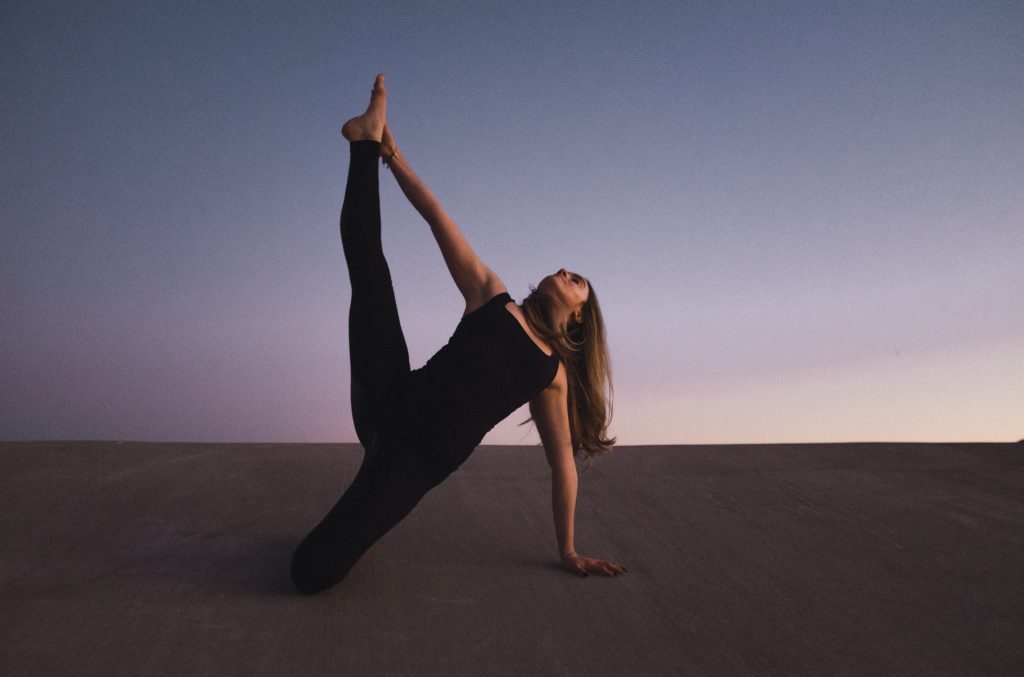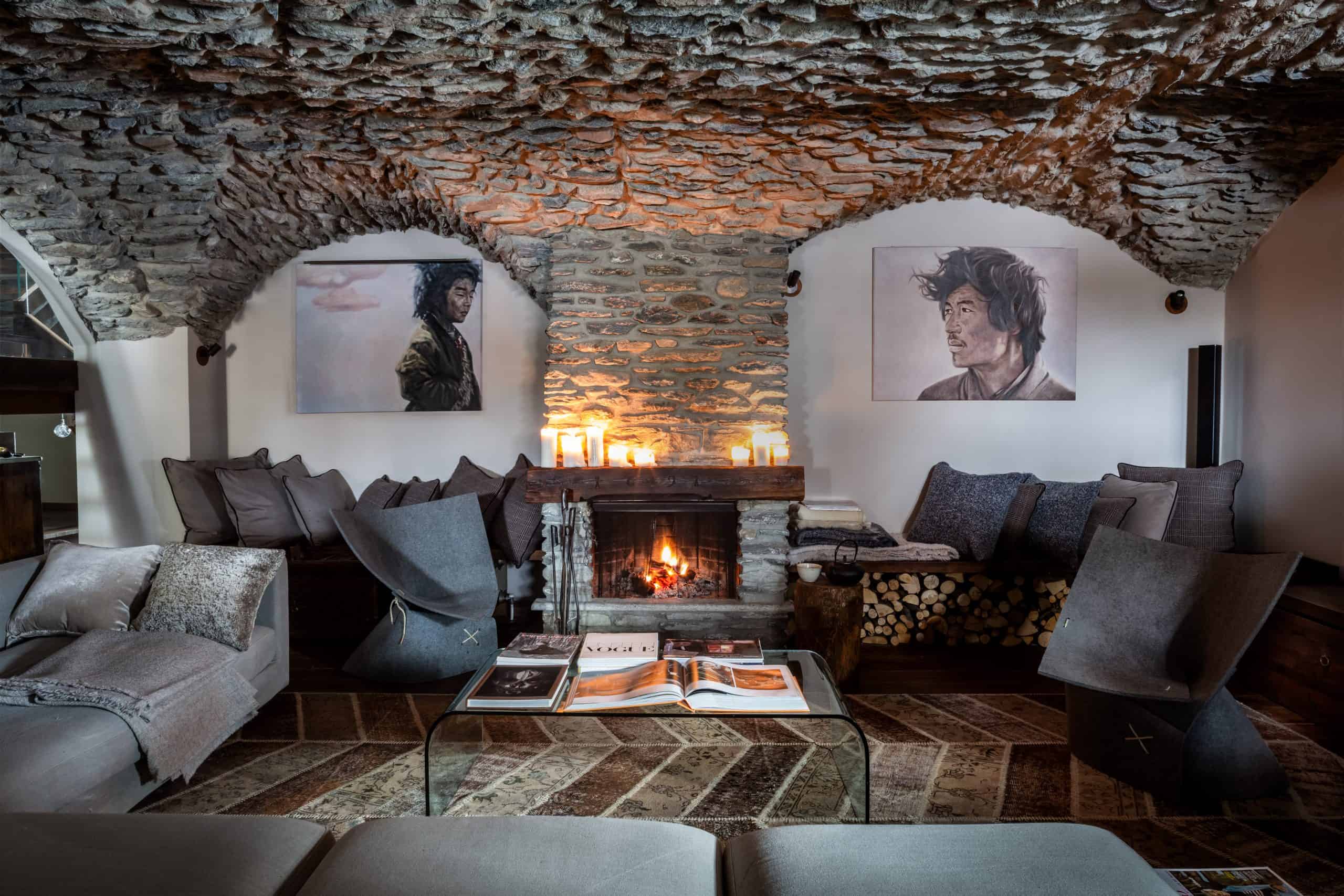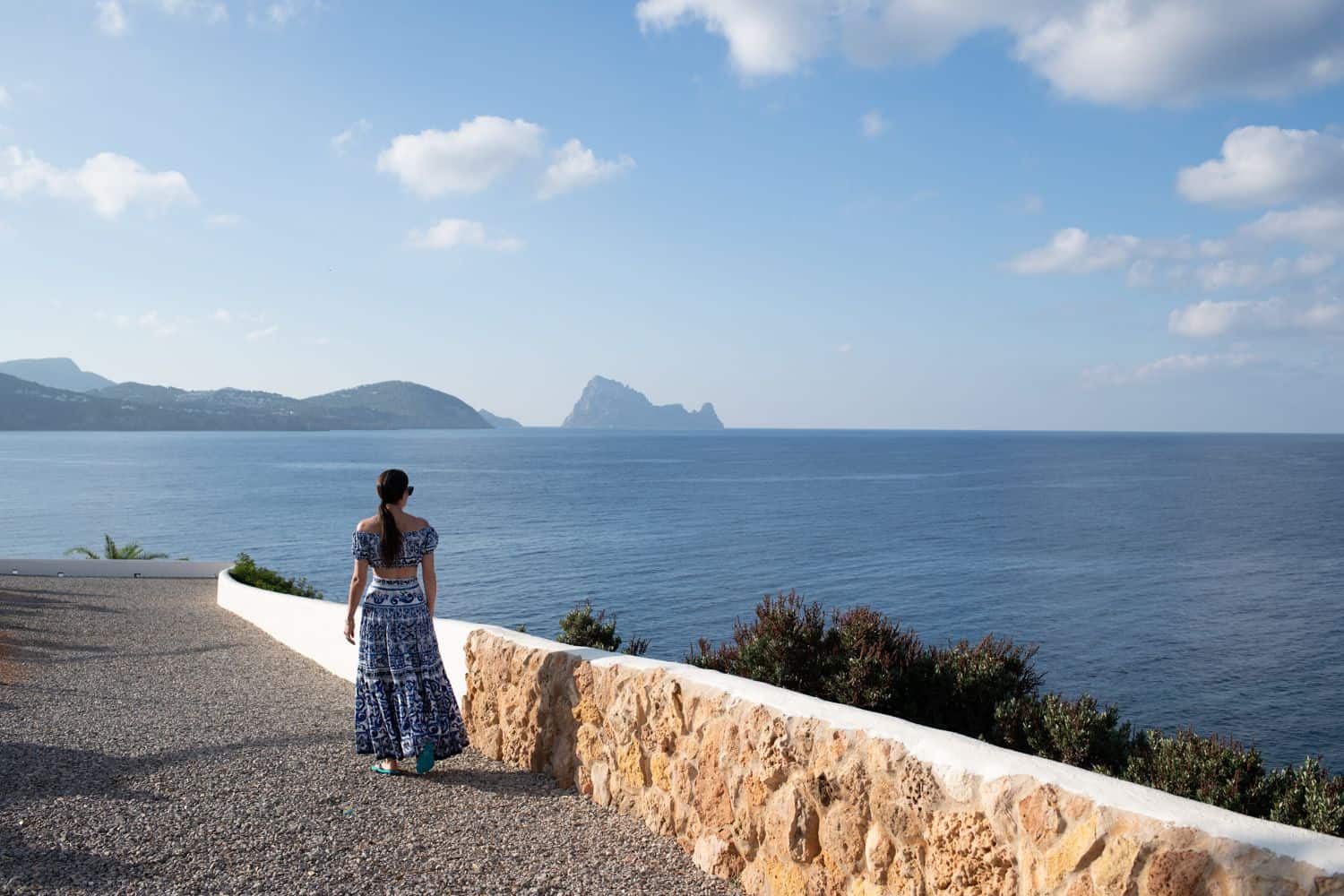Around the globe, billions of people are currently in lockdown or quarantine in an attempt to flatten the curve of the ongoing Covid-19 pandemic. As we settle into the new normal—social distancing, remote working and a lot of time at home—Compare Retreats speak to psychologist, integrative wellness expert, and chair of the Global Wellness Institute’s mental wellness initiative Professor Gerard Bodeker on how to manage our mental wellness during times of stress.

How to… Manage tension at home
“One word is the best guide for navigating such situations: ‘de-escalate’. Find ways to turn down the heat on any exchange that seems to be getting challenging. Reduce the emotional tone, bring in other subjects, seek consensus. Surviving global threats like this is akin to being in a wartime setting and taking a long view is important. And this requires working on our own ways of creating and maintaining some degree of inner peace and equilibrium.”
See also: Professor Gerard Bodeker On Forest Bathing & Getting Back To Nature
How to… Manage stress and anxiety
“There are so many uncertainties coming at once. These are very real everyday survival questions and can’t be brushed aside lightly. They do need to be addressed practically, but not allowed to become a source of obsession. There must be time away from such thoughts: time for humour, play, exchanges with loved ones even if remotely.
- Focus on the present. Be as much in the moment as possible, and not off in thoughts of what might happen. This might require reducing news exposure, favouring only meaningful social media exchanges, hours of time away from social media and prioritising whatever brings peace and happiness. It also needs an intention to not allow the mind to ruminate, and exercise helps in keeping the mind more positive as does healthy nutrition.
- Go outside where possible. If you are permitted to be outside, then try to be in nature – a local park, a nearby tree-lined street, a river, pond or lake. Spend an hour or so there two to three times a week. This has been shown by research to change our stress levels and alter the biochemistry of mood in favour of positive feelings and a fresh perspective on life’s daily pressures.
- Find an inner space where there is calm. Keeping inner balance and perspective is our best way to navigate through these difficult times. Pathways such as meditation, yoga, breathing practices, freeform dance, and sound therapy such as singing bowls, gongs and meditative flute music all can help. The idea is to find a settled place within and stay there for a while. Mood, emotions, the chemistry of wellbeing all re-adjust. From there we can come out with perspective and clarity and calm. Regular daily practice ensures that this becomes a state of being rather than a rescue strategy, and this, in turn, becomes a new way of living in the post-Covid-19 era.”
See also: Retreat At Home: Luxury Wellness Retreats Available Online
How to… Manage digital wellbeing
“The UN’s World Happiness Report 2019 cites a number of US studies that have found that adolescents and young adults who spend more time on digital media are lower in well-being. For example, girls spending five or more hours a day on social media are three times more likely to be depressed than non-users, and heavy internet users (versus light users) are twice as likely to be unhappy. Activities linked to more happiness include: sleeping, face-to-face social interaction, and attending religious services.
Overall, activities related to smartphones and digital media are linked to less happiness, and those not involving technology are linked to more happiness. So, the advice is to use digital technology thoughtfully and not addictively. Be aware of how it can reduce quality of life, and also how, well budgeted, digital media can enrich the quality of life.”



